Last update images today Is Your Water Safe The US Water Quality Map Explained
Is Your Water Safe? The US Water Quality Map Explained
This week, concerns about water safety are surging. Let's dive into understanding the US Water Quality Map and what it tells us about the water we drink.
Introduction: The Importance of Understanding US Water Quality Map
Water is essential for life, but not all water is created equal. Concerns about contamination, aging infrastructure, and emerging pollutants are driving increased interest in understanding the quality of our drinking water. The US Water Quality Map, while not a single, centralized entity, is a concept encompassing various data sources and tools that aim to visualize and inform citizens about the safety and health of their water supplies. This article will explore the different aspects of this "map," how to interpret the data, and what you can do to ensure your water is safe.
Target Audience: Homeowners, renters, parents, environmental enthusiasts, concerned citizens, and anyone interested in understanding the quality of their drinking water.
Understanding the US Water Quality Map: What It Really Is
The "US Water Quality Map" isn't a single map but rather a composite of data from various sources. Think of it as a collection of maps and databases that, when combined, give you a clearer picture of water quality across the nation. Key components include:
- EPA's Envirofacts: This database provides information on permitted facilities that discharge pollutants into waterways and reports on water quality monitoring.
- State Environmental Agencies: Each state has its own environmental agency responsible for monitoring and reporting water quality within its borders. These agencies often provide detailed information on specific water bodies.
- Local Water Utilities: Your local water utility is responsible for testing and treating your drinking water. They are required to provide annual Consumer Confidence Reports (CCRs) detailing the quality of the water they deliver.
- Third-Party Testing Services: Private companies offer water testing services that can provide detailed analysis of your tap water for a wide range of contaminants.
- Non-profit Organizations: Groups like the Environmental Working Group (EWG) compile and analyze water quality data from various sources to create public awareness and advocate for safer drinking water standards.
Why is the US Water Quality Map Important?
- Transparency and Awareness: It allows individuals to understand potential risks associated with their water supply.
- Informed Decision-Making: Knowing the water quality allows for informed decisions regarding filtration and treatment.
- Advocacy and Action: Understanding potential problems allows communities to advocate for improvements in infrastructure and regulations.
How to Use the US Water Quality Map Resources Effectively
This "US Water Quality Map" is more about using the right resources:
-
Start with Your Consumer Confidence Report (CCR): Your local water utility is required to provide this report annually. It details the levels of contaminants found in your drinking water and compares them to EPA standards.
ALT Text: Sample Consumer Confidence Report from a water utility Caption: A Consumer Confidence Report provides a snapshot of your water quality. -
Check Your State Environmental Agency Website: These websites often provide more detailed information on water quality monitoring and specific water bodies in your area. Search "[Your State] Department of Environmental Quality" (or similar).
-
Use the EPA's Envirofacts Tool: Explore potential sources of pollution in your area and access reports on water quality monitoring.
-
Consider Independent Testing: If you have concerns about specific contaminants or want a more detailed analysis, consider using a certified water testing laboratory. Search for "certified water testing lab near me."
-
Research from Non-profit Organizations: The EWG's Tap Water Database is a good resource for identifying potential contaminants in your water and learning about the health risks associated with them.
Common Water Contaminants Highlighted by US Water Quality Map Resources
Understanding the "US Water Quality Map" means knowing what to look for:
- Lead: A neurotoxin that can leach into drinking water from old pipes and plumbing fixtures.
- PFAS (Per- and Polyfluoroalkyl Substances): A group of man-made chemicals used in various products that have been linked to health problems.
- Arsenic: A naturally occurring element that can contaminate groundwater.
- Nitrates: Often from agricultural runoff, nitrates can pose a health risk, especially to infants.
- Disinfection Byproducts (DBPs): Chemicals formed when disinfectants like chlorine react with organic matter in water.
- Bacteria and Viruses: These can contaminate water sources and cause illness.
What to Do If Your US Water Quality Map Research Reveals Problems
- Contact Your Water Utility: Discuss your concerns and ask about their plans for addressing the issue.
- Install a Water Filter: Choose a filter that is certified to remove the specific contaminants of concern. Options include pitcher filters, faucet filters, under-sink filters, and whole-house filters.
- Use Bottled Water: As a temporary measure, use bottled water for drinking and cooking.
- Advocate for Change: Contact your elected officials and advocate for investments in water infrastructure and stricter regulations.
Taking Action: Ensuring Safe Water for All
The "US Water Quality Map" is more than just data; it's a call to action. By understanding the information available and taking proactive steps, we can protect our health and ensure access to safe, clean water for all.
Q: What is the "US Water Quality Map?" A: It's not a single map but a collection of resources (EPA, state agencies, utilities, testing services) that provide data on water quality.
Q: Where can I find information about my local water quality? A: Start with your Consumer Confidence Report from your water utility.
Q: What are some common water contaminants? A: Lead, PFAS, arsenic, nitrates, and disinfection byproducts.
Q: What can I do if I'm concerned about my water quality? A: Contact your utility, install a filter, use bottled water, and advocate for change.
Q: Is tap water always safe to drink? A: While most public water systems meet safety standards, contaminants can still be present. Understanding your local water quality is key.
Keywords: US Water Quality Map, water quality, drinking water, water contamination, EPA, Consumer Confidence Report, water testing, lead, PFAS, arsenic, nitrates, water filter, water utility, environmental health, clean water, water safety, EWG Tap Water Database.




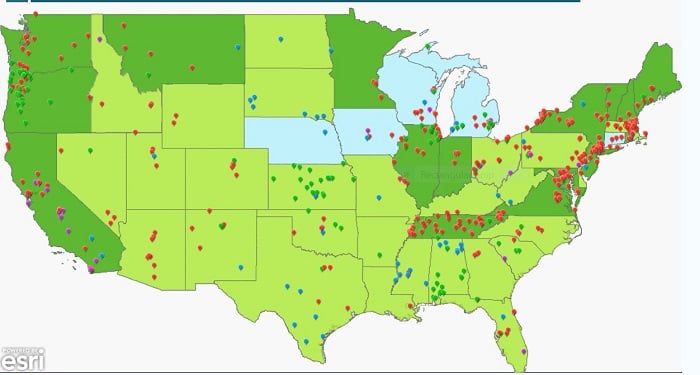
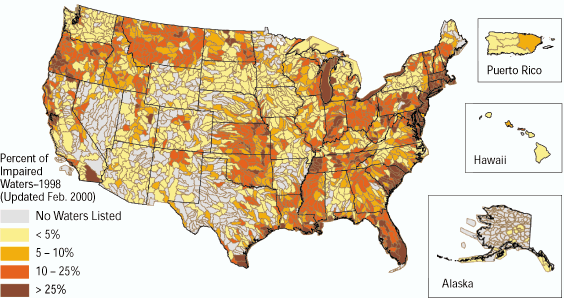
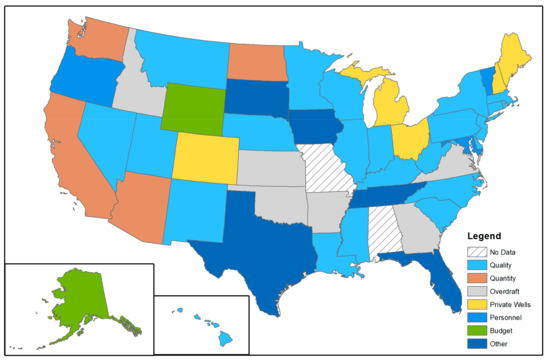
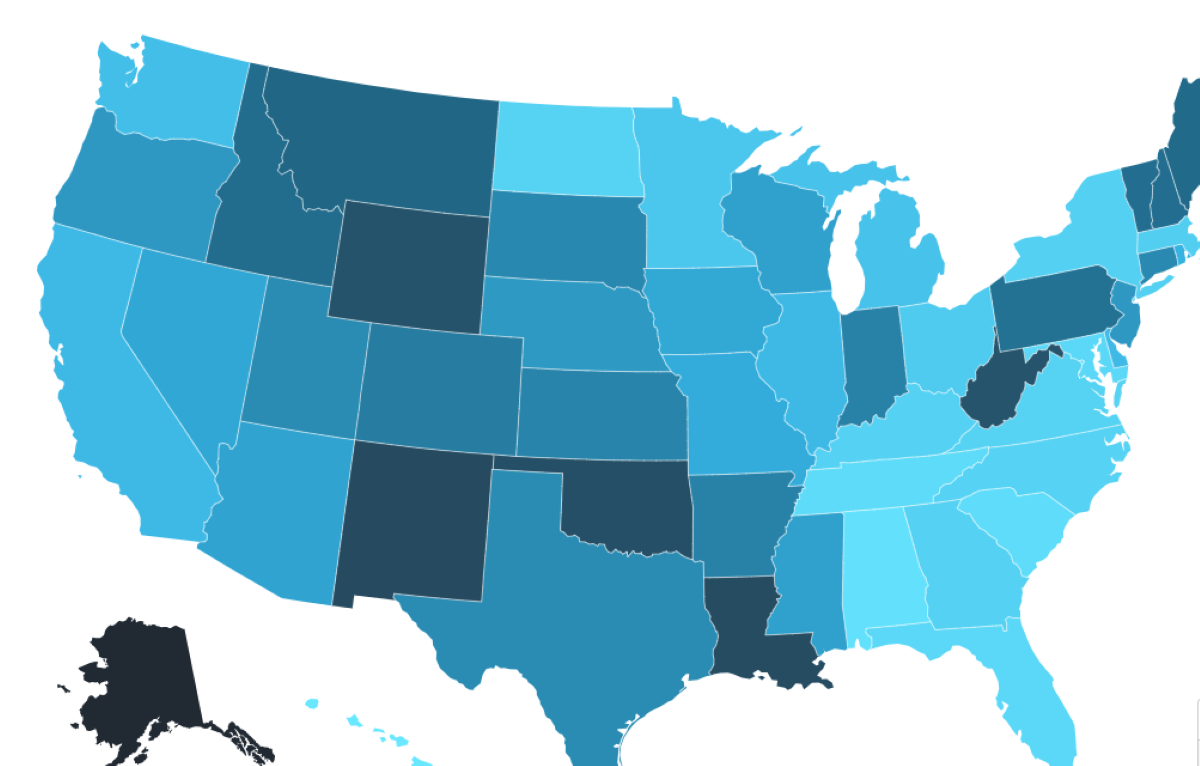
:no_upscale()/cdn.vox-cdn.com/uploads/chorus_asset/file/8483517/water_affordability_risk_us_map_vox.jpg)
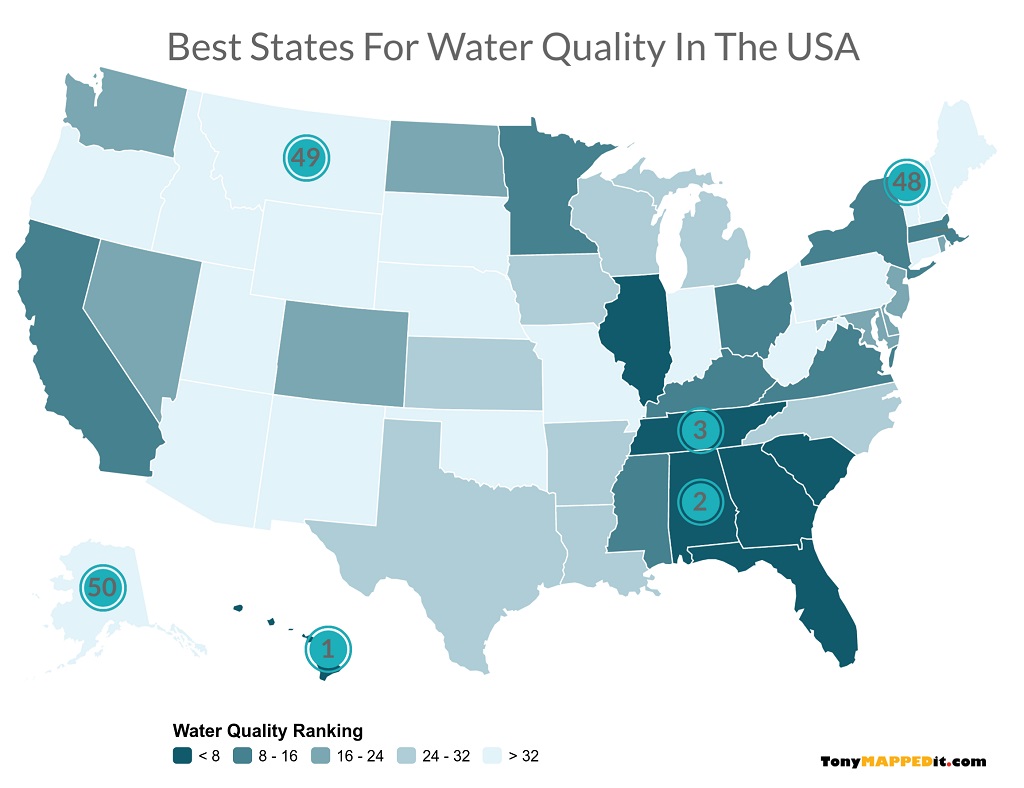
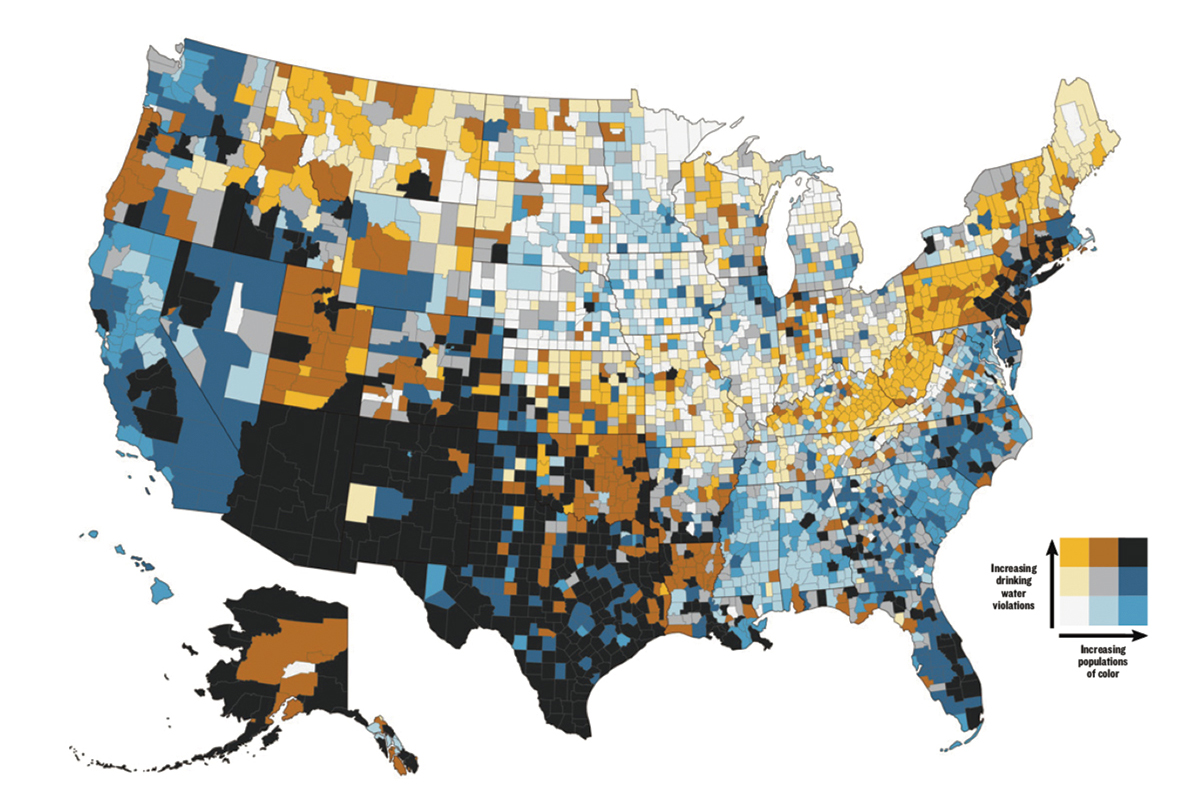

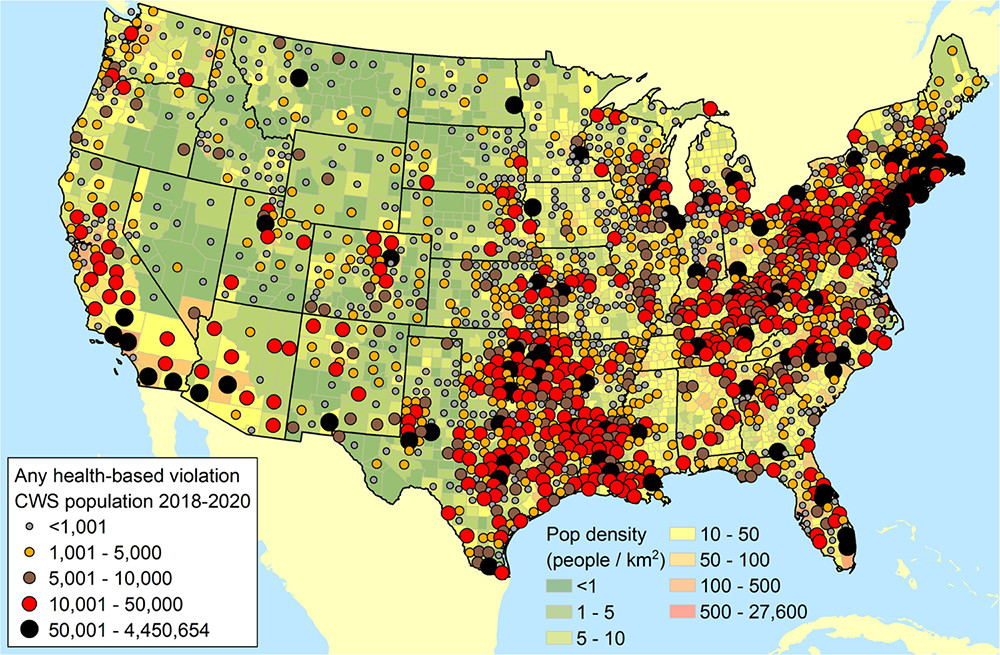



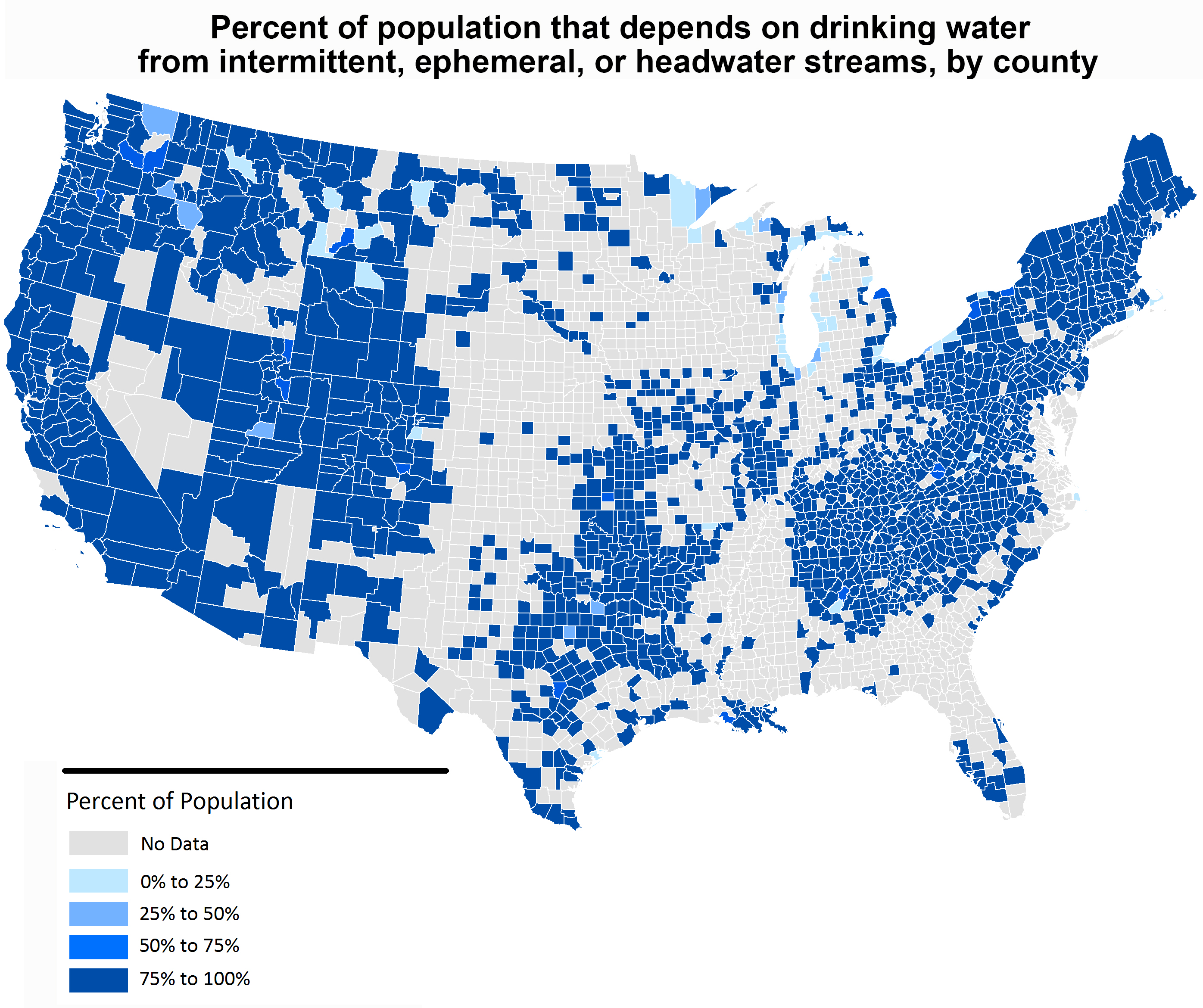
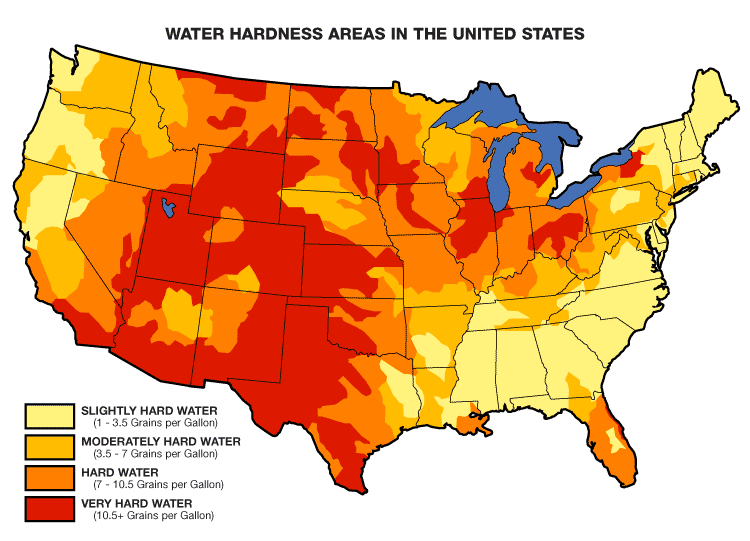
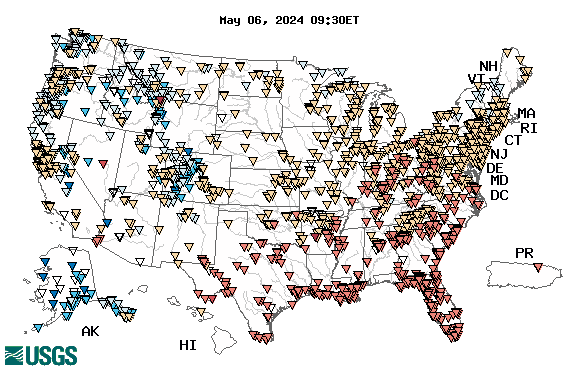


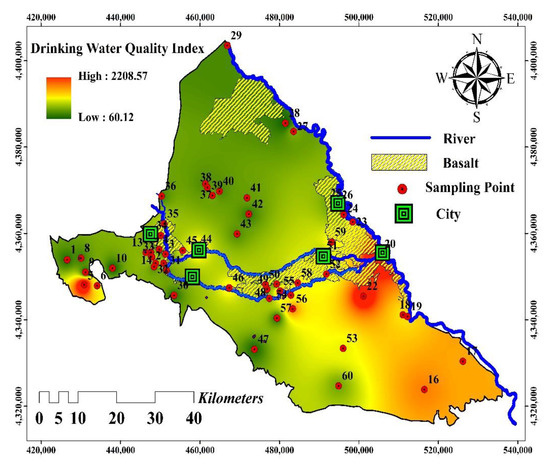
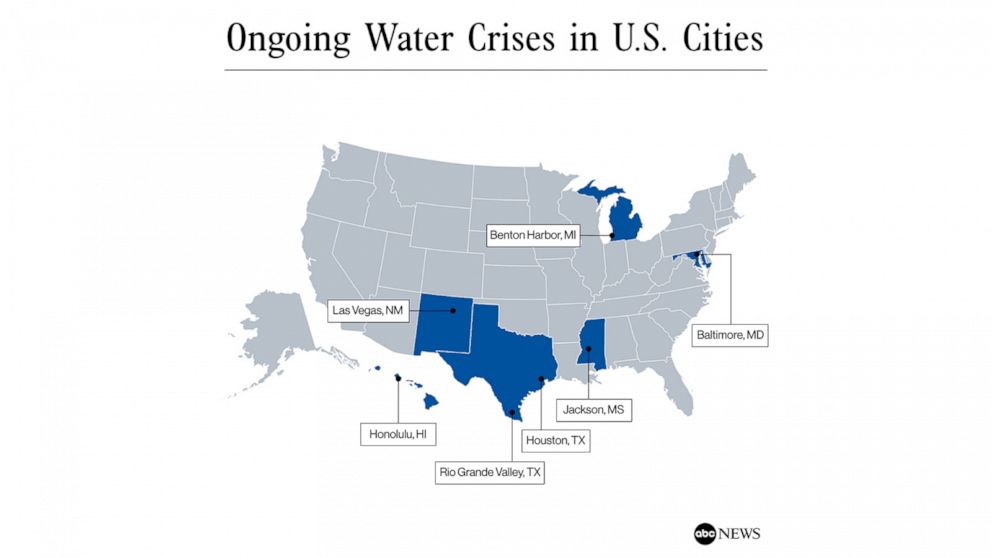

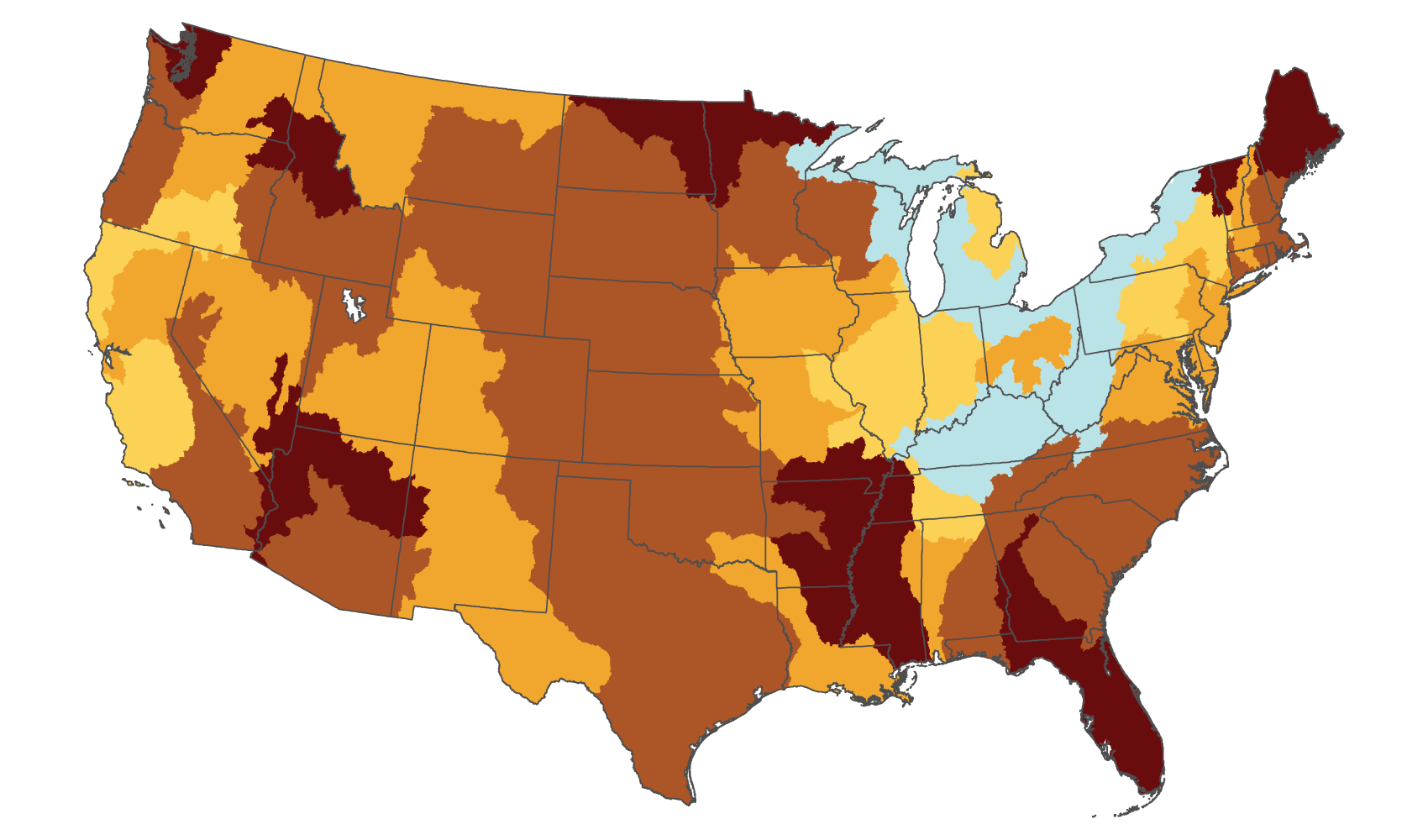
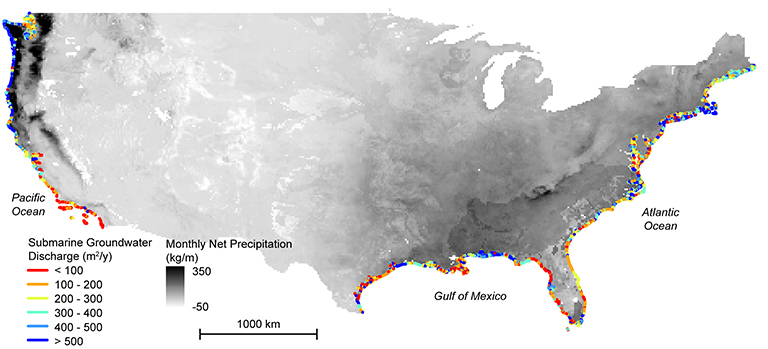


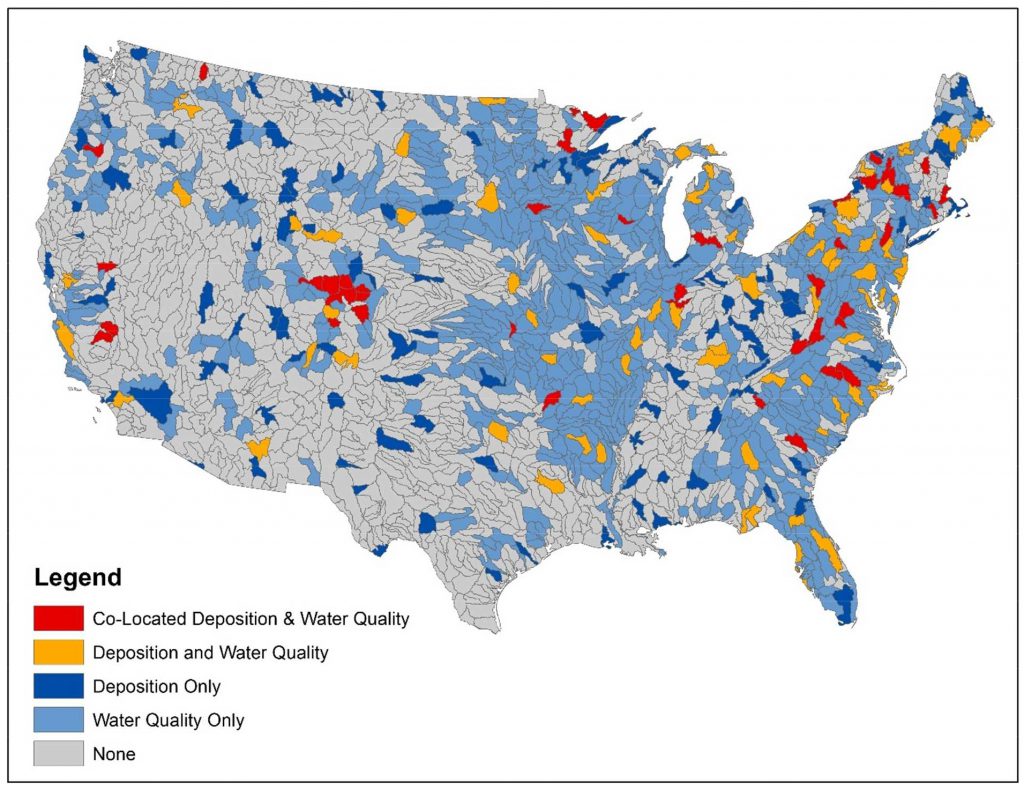
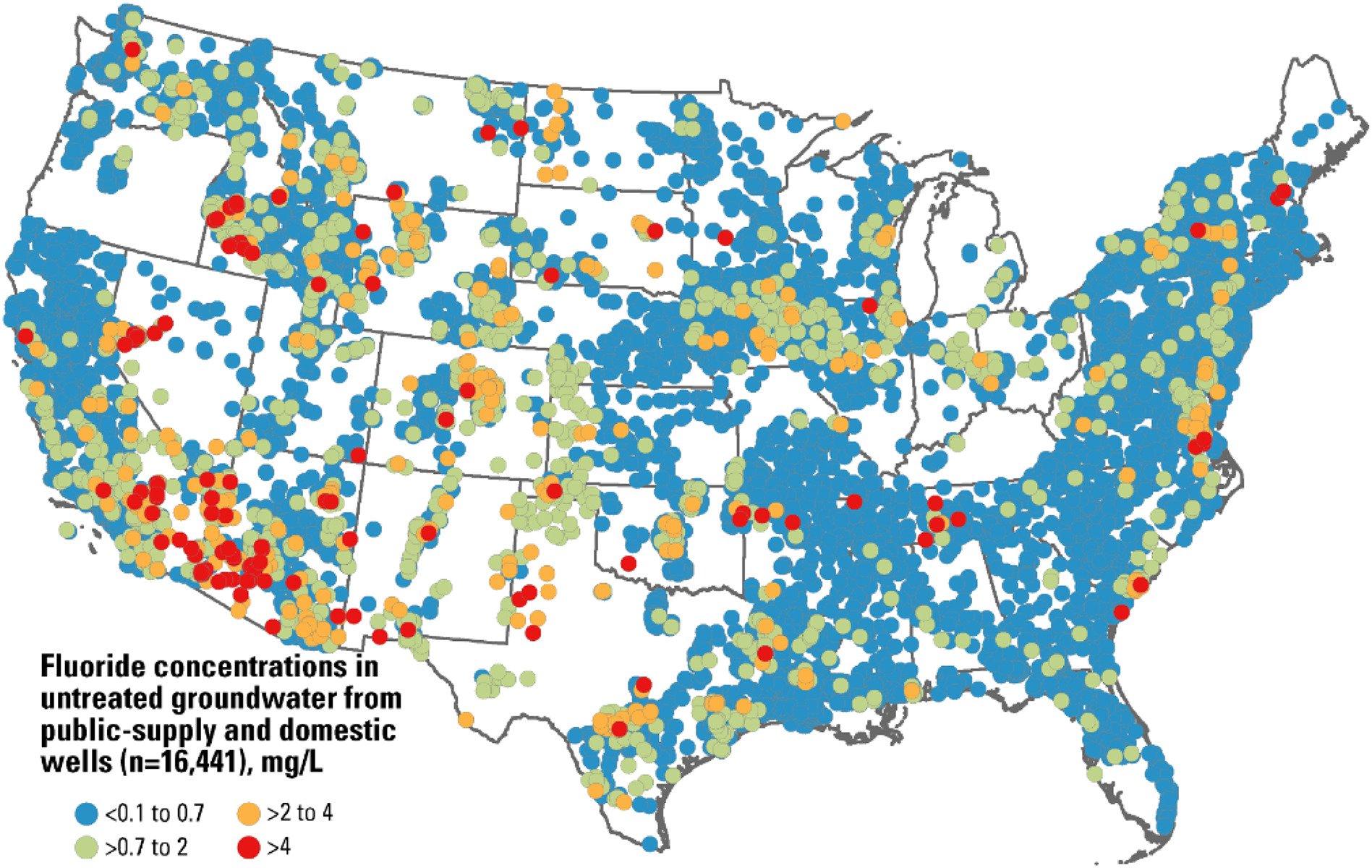
Water Free Full Text Establishing A Data Fusion Water Resources Water 14 03390 G007 550 Hard Water How It S Damaging Your Home And What You Can Do About It Water Hardness In The United States Scaled Maps Mania The Water Quality Of US Streams Rivers Mapsmania How Much Clean Drinking Water Is Left On Earth The Earth Images Map Best States Water Quality Usa USGS Fact Sheet 130 01 The USGS Role In TMDL Assessments Epamap Air Pollution Map Usa 2025 Shir Danyette Peak Month For Pollution Clean Water Act Chart EPA Population Map For Blog 1 Static Maps 7e01286c6b96e7e2d5ff786f87b4c675
Scorecard Ranks U S States On Water Efficiency Sustainability AWE State Map 1024x556 Study Examines Relationship Between Air And Water Nutrient Map Of Long Term Atmospheric Deposition And Surface Water Quality Nutrient Monitoring In US 1024x790 Potential Water Supply Conflicts By 2025 Global Climate Change 3 Water Pg 48 Usgs Surface Water Map Connie Celestina 2020 06 Fluoride Fig1 Water Hardness Usa Map Allyce Maitilde WaterHardnessMap
WaterStar USA Utah S 1 Water Systems Nrdcviolations What Is The Best Tap Water In The Us At Arthur Johnston Blog Water Quality World Map Map Shows Best US States For Drinking Water Safety Newsweek Water Quality Map Real Time Water Quality P00010b Xus Best States For Water Quality At Lois Carter Blog FtYyOkPWwAIRt5 World Water Day America Has A Water Crisis No One Is Talking About Vox Water Affordability Risk Us Map Vox Map Where Ongoing Water Crises Are Happening In The US Right Now ABC WaterCrisis MainImage V04 KS 1669664010491 HpMain 16x9 992
Sea Level Rise Map 2025 Us Devora Selinda FOF 1177 Sea Level 2040 Print Maps For Media V5 State Sprawl 2 Projected Water Scarcity 2025 1210x904 R MapPorn EK8I76ww9JZsHKQlBKXNnA KbaQ8ZlP0n38uMo91jPw Research Summaries Template Critical Issues Affecting Groundwater Quality Governance And Management Water 10 00735 G001 550 Drivers Of Spatiotemporal Variability In Drinking Water Quality In The Images Large Es1c08697 0003 Water Supply National Climate Assessment Map With Across The U S Millions Of People Are Drinking Unsafe Water How Can Inline2 NRDC Drinkingwatermap
Interactive US Map Flags Areas Of Water Quality Concern GlobalSpec Interactive Map.JPGStudy Maps Hidden Water Pollution In U S Coastal Areas Climate 2473 Pollution768 US Cities With Hard Water Surprising Facts Water Treatment Water Hardness Map Of The United States 2048x1004

